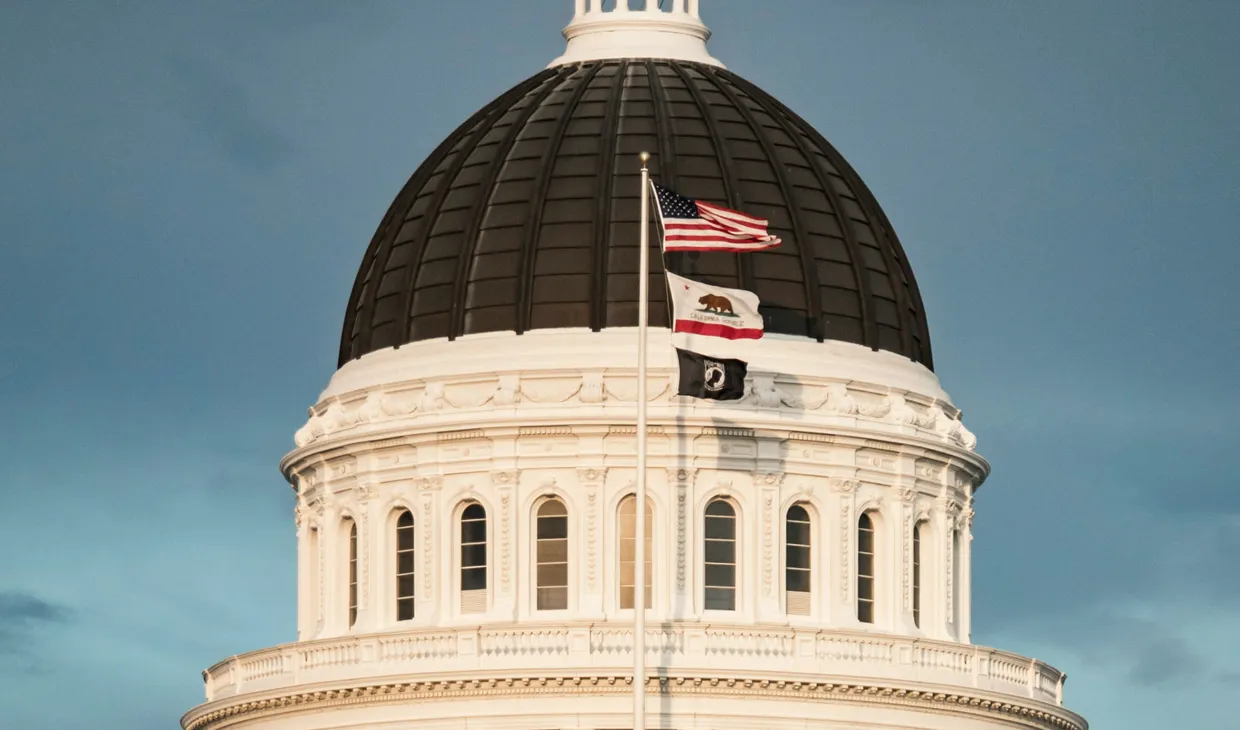What is California SB 261?
SB 261, the Climate Related Financial Risk Act, requires large companies to publish climate risk reports. These disclosures must describe climate related financial risks and the measures adopted to reduce or adapt to such risks.
The law is modeled on the Task Force on Climate Related Financial Disclosures and aligns closely with international financial reporting standards. The goal is to ensure investors, regulators, and the public understand how climate change could affect the financial performance of major businesses.
Which companies are in scope?
Under SB 261, covered entities are business entities with total annual revenues over 500 million dollars that do business in California. This includes both US and foreign companies with California sales.
What is the timeline for implementation?
Initial reports are due in 2026, based on the prior fiscal year. Companies must then annually disclose their climate related financial risks and strategies. The air resources board CARB will adopt implementing regulations through a rulemaking process, with opportunities for public input via a public docket and workshops.
What should companies do to prepare?
Map exposure to climate related financial risks. Develop governance processes for climate disclosure. Monitor CARB proposed draft regulations and the final regulations expected before the first reporting cycle. Engage stakeholders early to ensure good faith efforts at compliance, which CARB may consider if it needs to exercise enforcement discretion.
What about AB 1305?
In addition to SB 253 and SB 261, California has also enacted AB 1305, the Voluntary Carbon Market Disclosures Act. This law is aimed at ensuring transparency and integrity in climate claims, particularly around carbon offsets.
Which companies are in scope?
AB 1305 applies broadly to entities that market or sell voluntary carbon offsets in California, companies that purchase or use such offsets and make net zero or carbon neutral claims, and businesses operating in California that make public claims about GHG emissions reductions.
What is the timeline for implementation?
The law took effect on January 1, 2024. Companies must provide disclosures on their websites and update them at least annually. Noncompliance can result in civil penalties of up to 2,500 dollars per day, capped at 500,000 dollars per violation.
What should companies do to prepare?
Review climate related claims tied to offsets and ensure they are backed by transparent information. Confirm consistency with climate disclosure laws to avoid exposure to enforcement action. Align offset use with broader climate strategies to show that financial risks are properly managed.
The bottom line
California SB 253, SB 261, and AB 1305 together set a new bar for transparency. Large reporting entities with significant business in California and annual revenue must get ready for mandatory GHG emissions reporting and climate related financial disclosures, while any entity making offset or net zero claims must comply with AB 1305’s disclosure requirements.
The California Air Resources Board will continue to release regulations and hold public workshops as part of the rulemaking process. Companies should closely monitor these developments, engage in good faith efforts, and prepare governance, systems, and controls to meet the new standards.
Key takeaways:
- SB 253 focuses on climate corporate data accountability and GHG emissions reporting.
- SB 261 addresses climate related financial risks and requires annual climate risk reports.
- AB 1305 adds guardrails for voluntary carbon market disclosures.
Together, these are California’s climate laws and they will reshape the landscape for any company with significant business in California.





